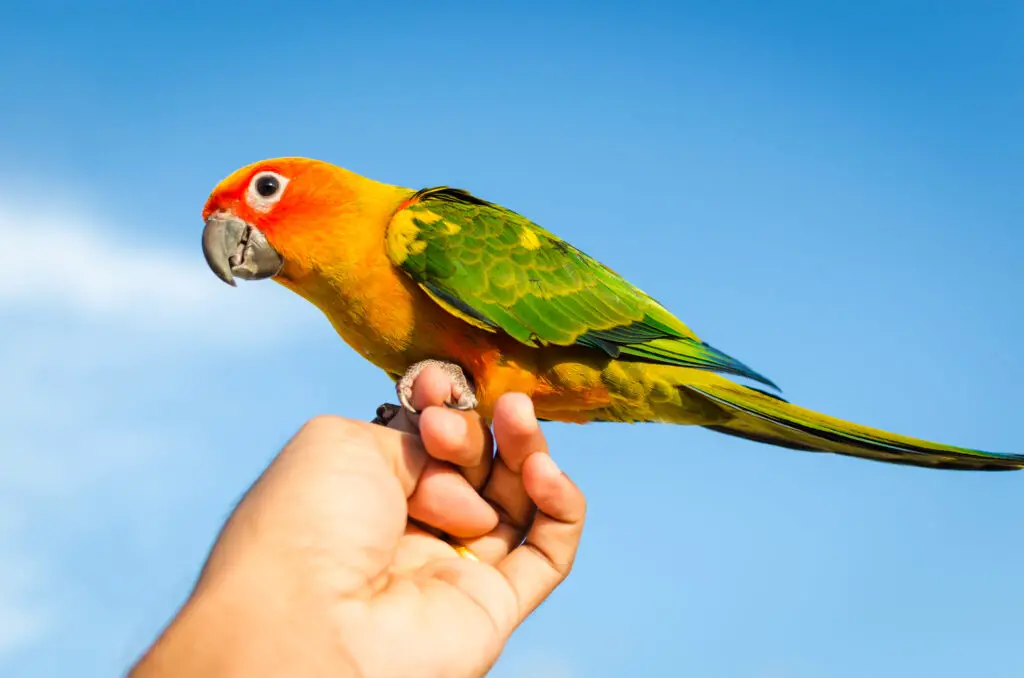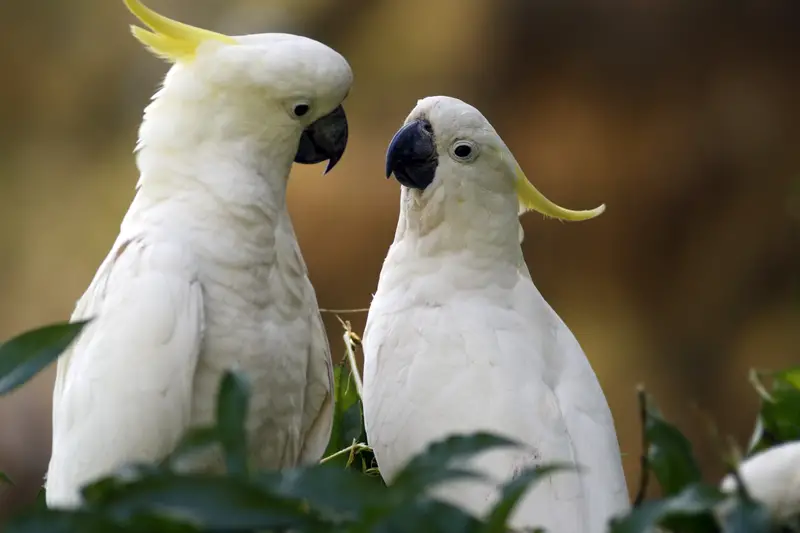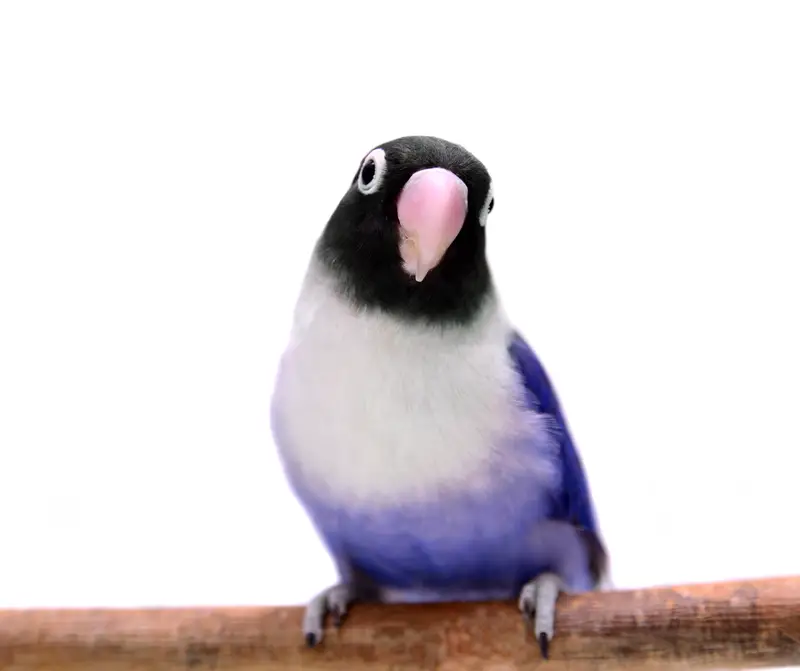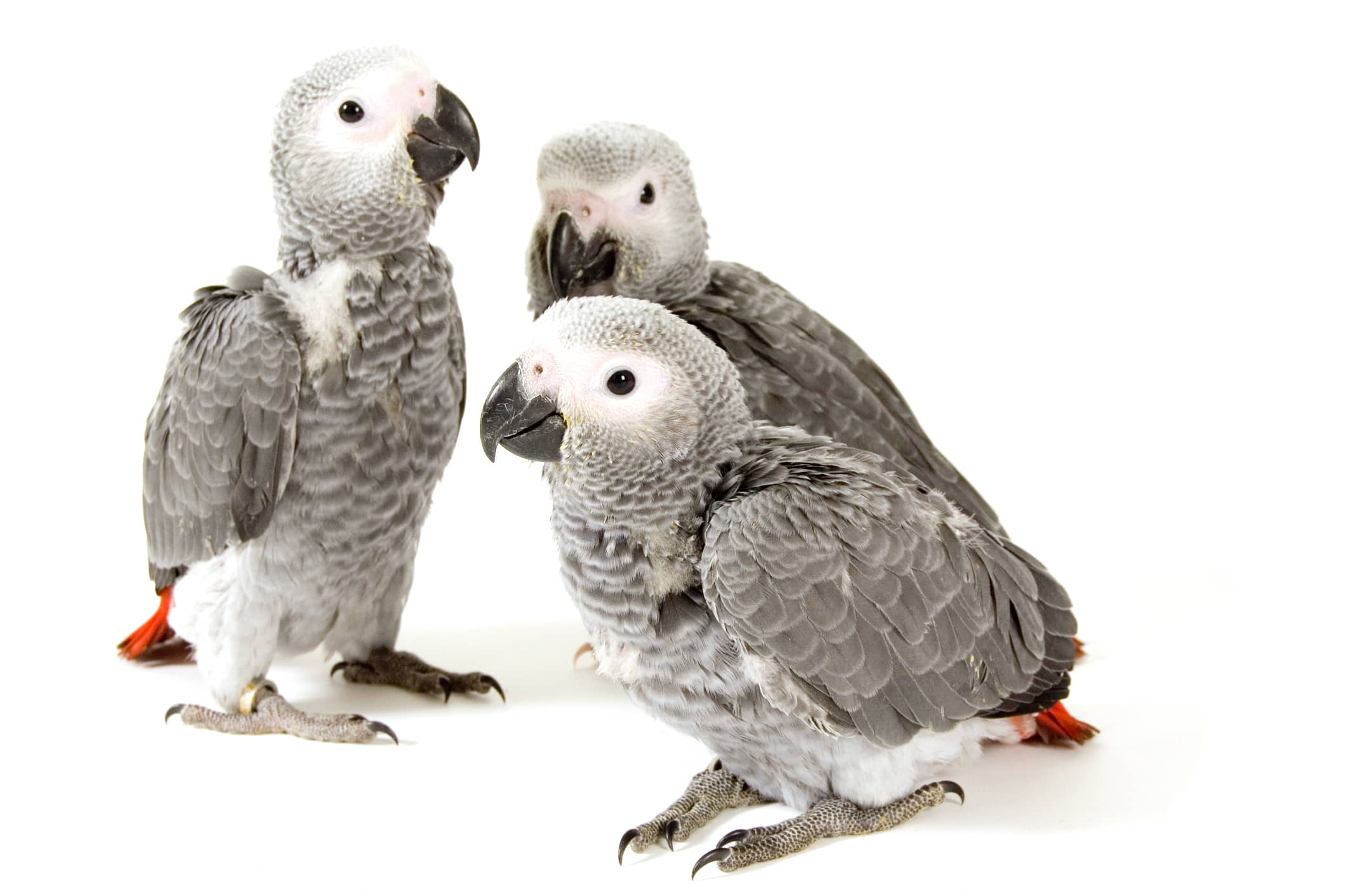Protecting Your Sun Conure: Common Household Hazards to Avoid
- May 6, 2023
- 4:05 pm
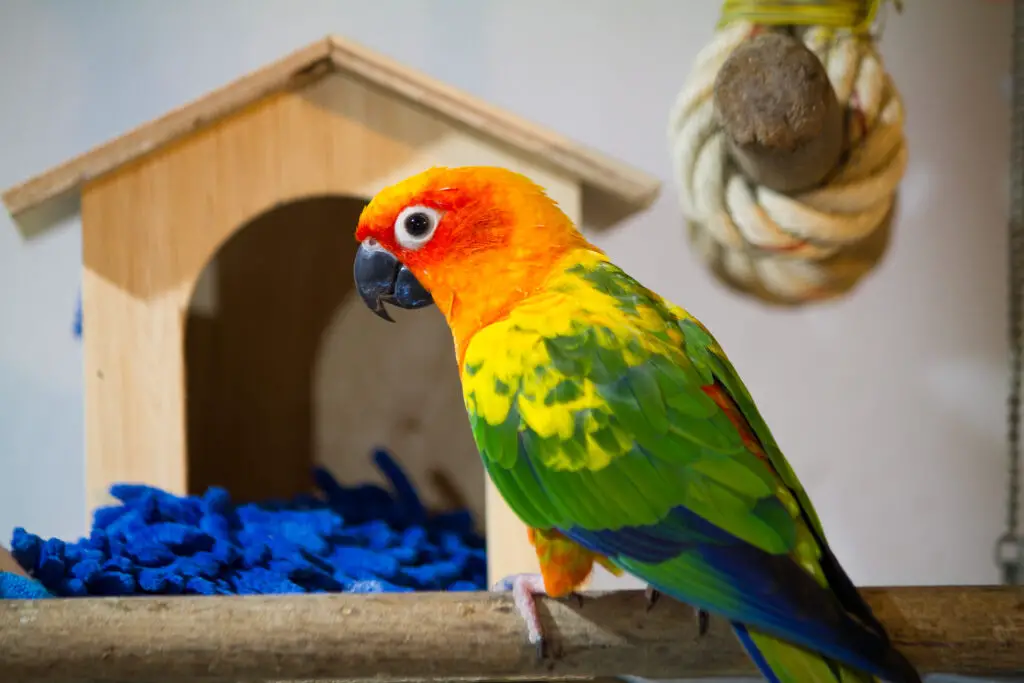
Household Dangers For Sun Conures And How To Prevent Them
Sun conures are sort of like flying toddlers. Adorable, sweet, lovable, and capable of getting into a lot of trouble around the house by finding the perfect thing to hurt themselves on. Like a magnet, they seem to be drawn directly to the things that will hurt them.
There are some common household dangers that sun conures need to be kept away from for their good. Of course, many things on this list are good to keep any bird away from, but you can still learn all about sun conures and keeping them safe all the time

Poisonous Materials to Sun Conures
The Ultimate List of Sprays and Aerosols to Avoid
Sun conures have extremely sensitive noses, so ensuring you’re using unscented products is important. Also, work to avoid using these products in your home, or use them sparingly well away from your sun conure:
- Febreze and Downy Unstoppables
- Glade Plug-ins
- Scented candles
- Air fresheners
- Incense
- Perfumes
- Hairspray
- Spray deodorant
- Oven cleaners, carpet cleaners, drain cleaners, and spray cleaners
- Overheated non-stick cookware
- Smoke
- Cigarette
- Wood
- Burning plastics
- Bleach and pool chemicals
- Exhaust from cars or furnaces
- Paint
- Nail polish and nail polish remover
- Cooking bags
- Insecticides
- Pesticides
- New carpet
- Space heaters
- Leather protection sprays
- Fabric protectants
- Cat scratches and cat saliva

Perfumes, Scented Candles, and Aerosol Sprays
Although humans like perfumes, Febreze, and other sprays that change the scent of the world around us, these can be highly deadly to birds. Anything they can smell can cause them to become very sick. In addition, their extremely high metabolism and delicate but efficient respiratory system make them sensitive to fumes.
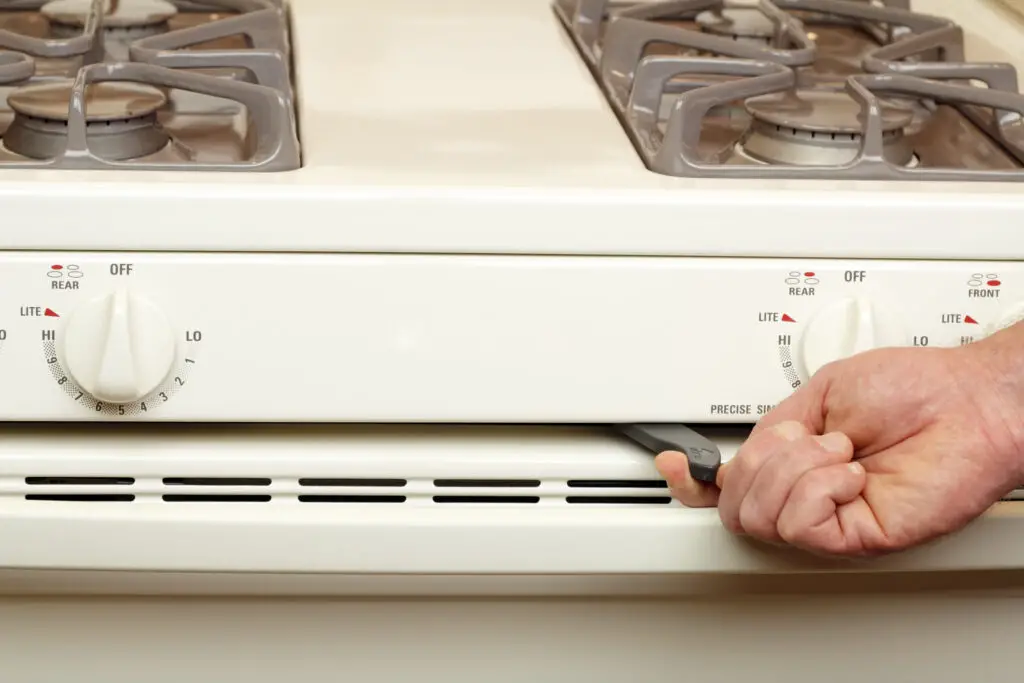
Self-Cleaning Ovens
A major cause of bird and sun conure deaths is self-cleaning ovens. This might seem strange, but your sun conure’s olfactory and respiratory systems are so sensitive that they can easily pick up the poisonous gasses and fumes from the superheated oven. This is because the self-cleaning option superheats your oven’s Teflon (PTFE) lining to 900°F and lets these gasses out into your house. So although you might not realize you’re being affected by it, your sun conure will.
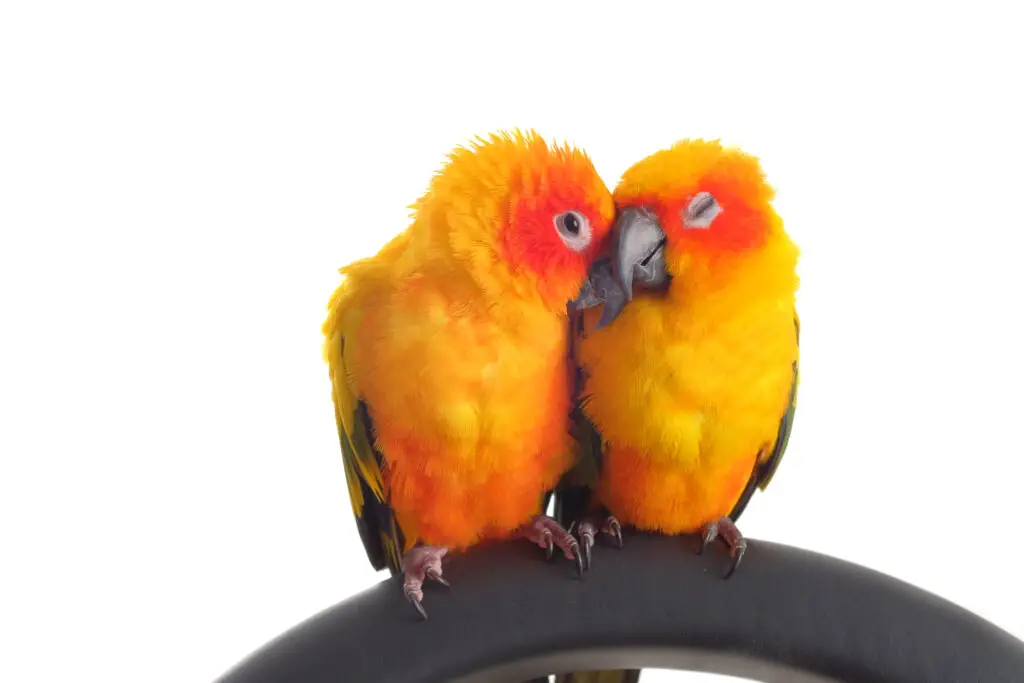
Heavy Metals Like Zinc or Lead
Inhaling toxins is only one way that sun conures can become poisoned. A common way they become sick is through ingesting heavy metals. These are often ingested from materials in their surroundings, so it’s important to know what’s contained in the things you offer your sun conure.
Lead poisoning is the most common kind of poisoning in sun conures and pet birds in general. Lead can come from a variety of sources, including:
- Toys
- Curtain weights
- Jewelry
- Imported metal cages
- Caulking compounds
- Batteries
- Solder
- Fishing weights
- Leaded glass
- Zippers
- Ceramics
- Tank linings
- Ceramics
- Plastics
- Candy wrappers
- Ammunition
- Inks
- Paint
- Foil
- Jig heads
Zinc is another common poison found in the household and comes in just behind lead for sun conure and other pet bird poisonings. Sources can include:
- Wood preservatives
- Rubber
- Galvanized rubber
- Toys
- Mesh
- Bells
- Chains
- Cage accessories
- Steel-wire cages
- Powder-coated cages
- Nuts and bolts
- Keys
- Pennies minted after 1983
- Clips
- Snap fasteners
- Galvanized dishes
- Ammunition
- Insecticides
The best way to protect your sun conure from heavy metal poisoning is to be aware of what is in the objects they put in their mouths. Check toy materials, the materials of their cages, feeding bowls, and anything else they like to gnaw on. Sun conures like to chew on things, so giving them things without heavy metals and getting rid of stuff they could chew on that have these sources of poison is an important step to keeping them safe.
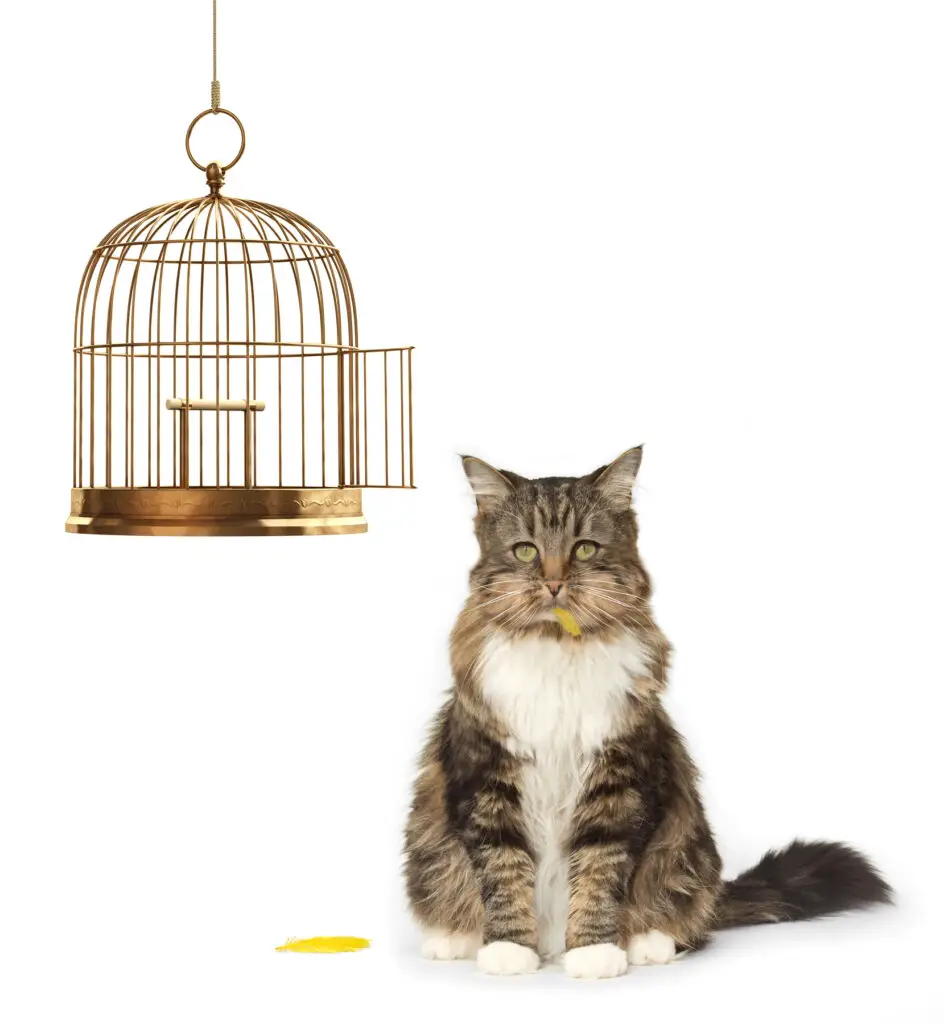
Cats and Other Pets
A common household danger to any bird is other pets in the house. Although they might seem to get along great with your gentle cats and dogs, fluttering wings and moving feathers can trigger a cat or dog’s predator response. They might attack instinctually, potentially injuring or killing your sun conure. To prevent this, separate the two kinds of pets so everyone stays safe.
Cats pose an interesting and unique danger to your sun conure. Cats commonly have a kind of bacteria in their systems called Pasteurella. It’s totally normal and doesn’t hurt cats, but this bacteria is deadly to birds. This saliva can get into their system through a bite or claw wounds or even just be absorbed through birds’ extremely thin skin and cause problems that way. So even if your sun conure doesn’t seem to be hurt after a confrontation with a cat, it might still be a good idea to check them at the vets to be completely sure they’re okay. Of course, this also goes for interactions with the cat’s feces or food.
Because this bacteria is so deadly to sun conures and birds in general, it makes friendly interactions between birds and cats inadvisable.
Ceiling Fans, Windows, Doors, and Mirrors
Sun conure’s flying is quick and flighty, and these cute little birds can suddenly take to the air. This makes environmental hazards like ceiling fans particularly dangerous, as they can spook them and accidentally fly directly into them.
A scared bird will also fly toward a source of light. So, if your sun conure is spooked by a fan blowing directly on them, they might panic and fly straight toward a mirror or window showing light. Injuries from flying full force into a window or mirror can break bones (including the neck) or cause a concussion.
Internal doors can cause an issue for sun conures that enjoy sitting on top of the open door. The ledge makes a great high perch, but the danger exists if the door is closed before the bird can take off by an unsuspecting person. Sun conures have been injured this way before.
Sleeping Huts
It’s important to mention how dangerous sleeping huts can be to all birds, but especially sun conures. These fabric sleeping tents seem like a great idea, but birds that like to chew, like sun conures, will chew and fray the material, breaking it down into smaller strands and threads. These strands and threads can be dangerous, tangling around the bird’s neck or limbs, potentially cutting off the blood flow and resulting in amputation or strangulation.
Choose safe materials to chew on that won’t break down or poison your sun conure.
A Quick Note - Why is My Sun Conure Screaming?
Sun conure screaming is a common problem. They are extremely vocal birds known to scream when bored, full of energy, or want food and water. Some of the other reasons for sun conure screaming include:
- Illness
- Injury
- Anxiety
- Boredom
- Wanting food or water
- Wanting attention
- Too much energy or not enough exercise
- Wanting to be cleaned
With such a complete list of reasons for sun conure screaming, it could be tempting to ignore the screaming until it goes away. And while it’s important not to reward screaming because sun conures might scream for illness or injury, it is important to check them for these things if they’ve been screaming for no apparent reason for a sustained time. Again, ensuring all their needs are met will help ensure they’re okay.
Taking Care of a Sun Conure in Your Home
Sun conures are playful, fun birds that will always keep you entertained, so you’ll want to always keep them safe. You can keep your colorful, playful friend safe by keeping an eye on them and ensuring they’re not getting into anything they shouldn’t.
Frequently Asked Quesions (FAQ)
What household items are dangerous to birds?
As mentioned in this article, there’s many items that can can pose a danger to your Sun Conure and these include but are not limited to;
- Spray’s and Aerosols
- Anything that contains a toxic metal such as zinc or lead
- Batteries
- Plastics
- Foil
- Paint
- Curtain weights
- Rubber, keys and clips
Where should I not touch my conure?
There are certain areas of a sun conure’s body that are sensitive and should be avoided when handling them. These areas include:
Tail feathers: Sun conures use their tail feathers for balance and to communicate, so pulling or tugging on them can cause discomfort or injury.
Wings: Flapping wings can cause pain or injury, and it’s important to handle a sun conure carefully to avoid accidentally clipping their wings.
Eyes: Sun conures have very delicate eyes that are easily injured, so avoid touching or poking them.
Feet: While it’s okay to gently stroke a sun conure’s feet, it’s important to avoid putting pressure on
them or pulling on their toes.
Vent area: This is the area under a sun conure’s tail where they eliminate waste, and touching it can cause discomfort or stress.
What not to do with a sun conure?
Here are some things to avoid doing with a sun conure:
Don’t leave your sun conure alone for long periods of time: Sun conures are social birds and need regular interaction with their owners to stay happy and healthy. Leaving them alone for extended periods of time can lead to boredom, stress, and even depression.
Don’t offer your sun conure an unhealthy diet: Sun conures require a balanced diet that includes a variety of fruits, vegetables, and high-quality pellets. Avoid feeding your bird foods that are high in fat, salt, or sugar, as well as toxic foods like chocolate, avocado, and caffeine.
Don’t use harsh training methods: Punishing or scolding a sun conure can damage the bond between you and your bird and cause long-lasting psychological harm. Instead, use positive reinforcement techniques like rewards and treats to encourage good behavior.
Don’t ignore signs of illness or injury: Sun conures can hide signs of illness or injury, so it’s important to pay close attention to your bird’s behavior and appearance. If you notice any changes, such as lethargy, loss of appetite, or unusual behavior, seek veterinary care right away.
Don’t expose your sun conure to harmful substances: Sun conures are sensitive to fumes and chemicals, so avoid using cleaning products or pesticides around them. Additionally, keep toxic substances like lead and zinc out of your bird’s environment.
Should I cover my Sun Conure cage at night?
Covering your sun conure’s cage at night is a personal choice and depends on your individual bird’s needs and preferences. Here are some things to consider:
Sleep quality: Sun conures, like all birds, require a good night’s sleep to stay healthy and happy. Covering the cage can create a darker, quieter environment that may help your bird sleep better.
Security: Some sun conures feel more secure when their cage is covered, as it can provide a sense of protection from predators or other perceived threats.
Noise level: If you live in a noisy area or have a lot of activity in your home at night, covering the cage can help reduce noise and distractions that could disrupt your bird’s sleep.
However, it’s important to note that covering the cage can also limit your bird’s access to fresh air and natural light, which are important for their overall health and well-being. Additionally, some birds may feel stressed or uncomfortable with the cover on, so it’s important to observe your sun conures behavior and adjust accordingly.
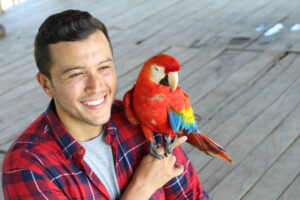
Alan Winters
Alan is a dedicated bird enthusiast and experienced writer who has been sharing insights on bird care and behavior for several years. With a passion for parrots in particular, Alan has a deep understanding of their unique needs and behavior patterns.
As a trusted authority in the field of bird care, Alan takes pride in sharing accurate and up-to-date information with his readers. Through his writing, he aims to educate and inspire bird owners of all experience levels to provide the best possible care for their feathered friends.
When not writing about birds, Alan can be found volunteering at local bird sanctuaries and rescues, where he enjoys putting his knowledge and experience to use helping birds in need.

